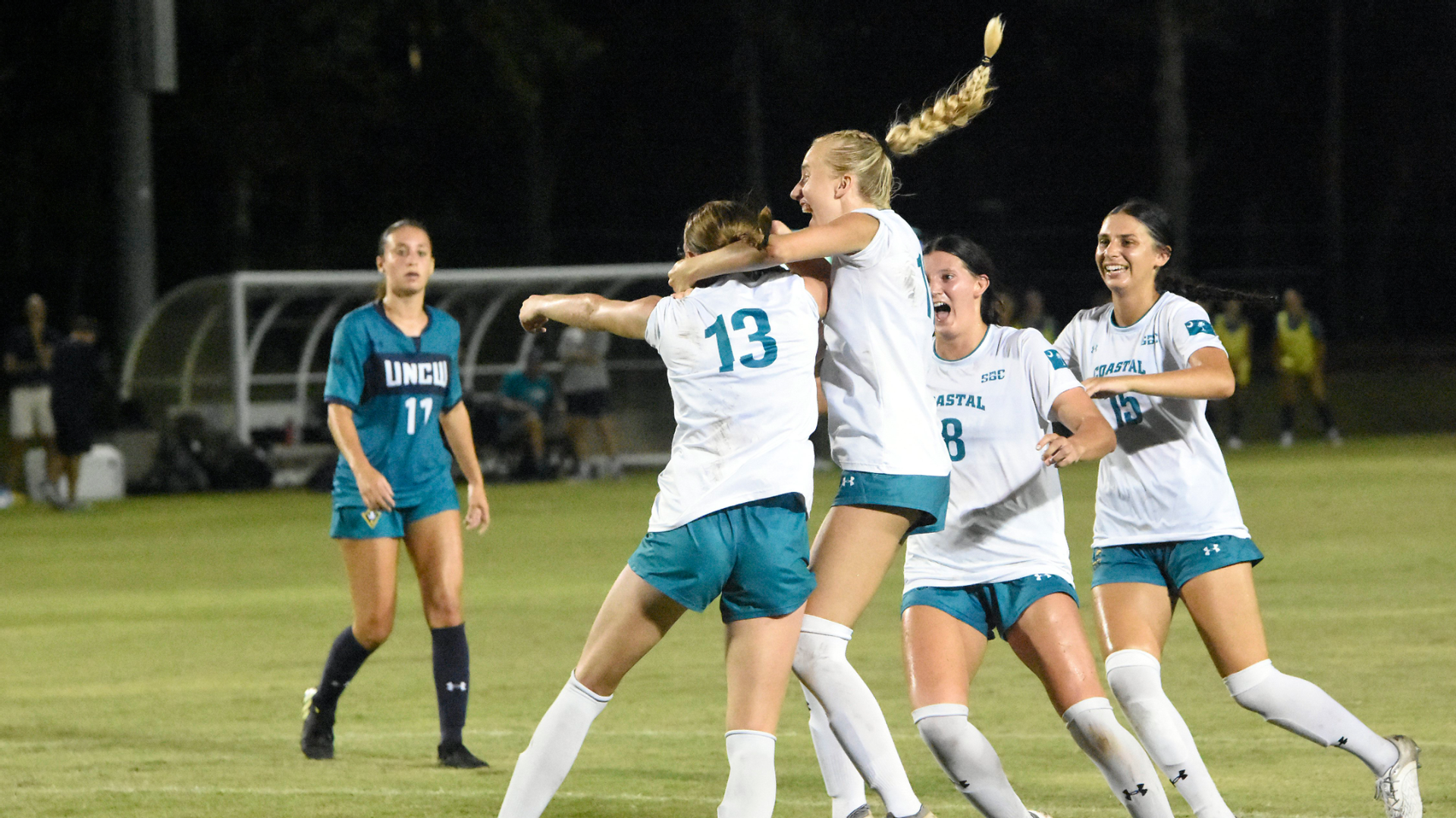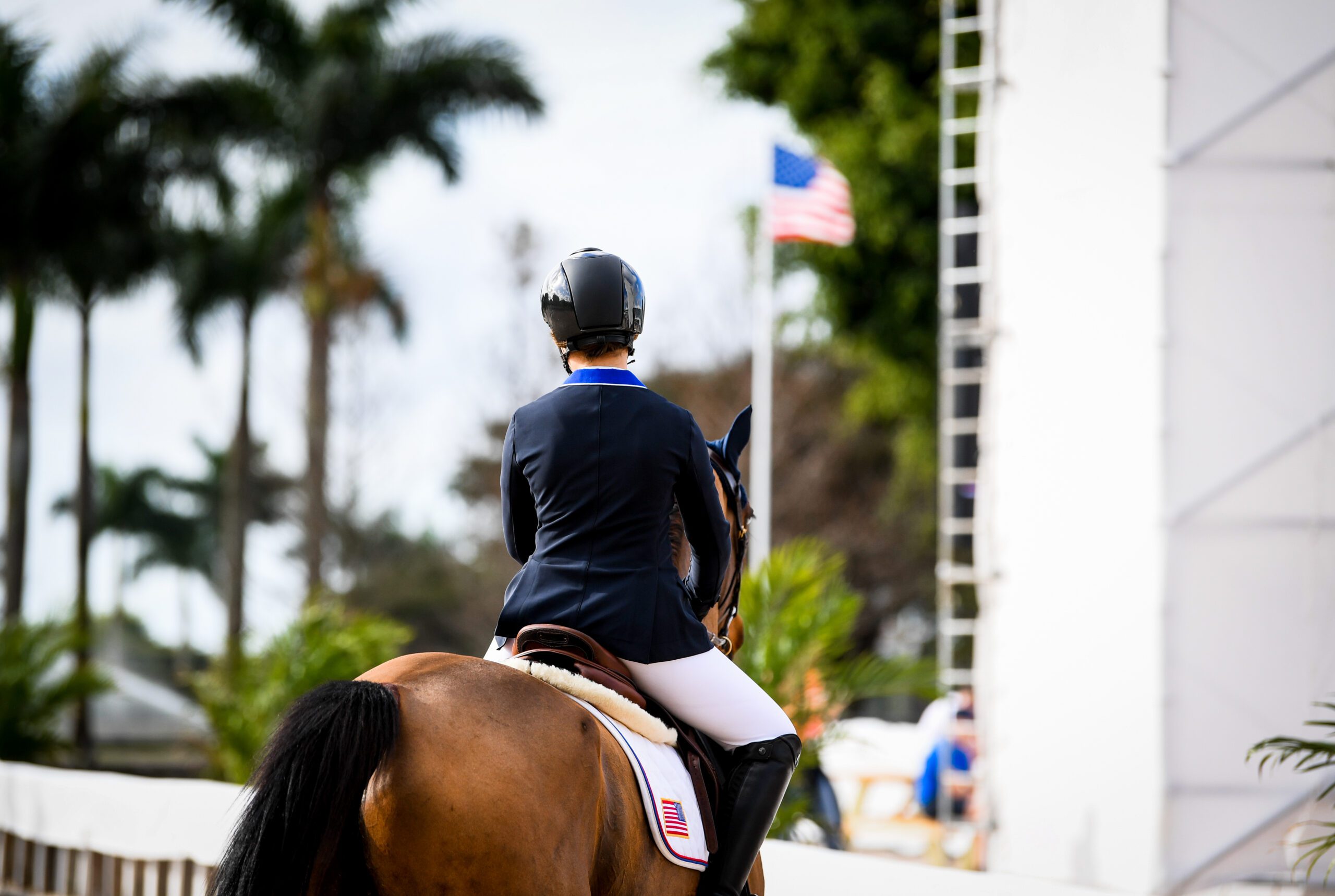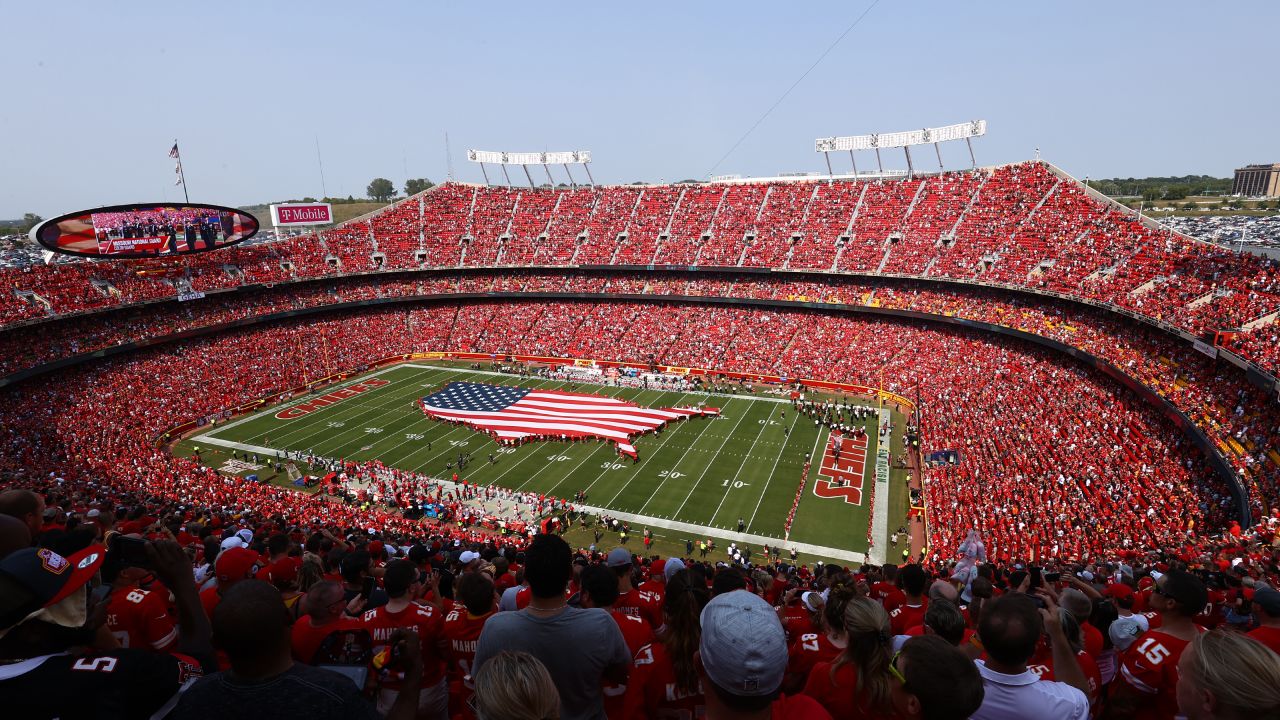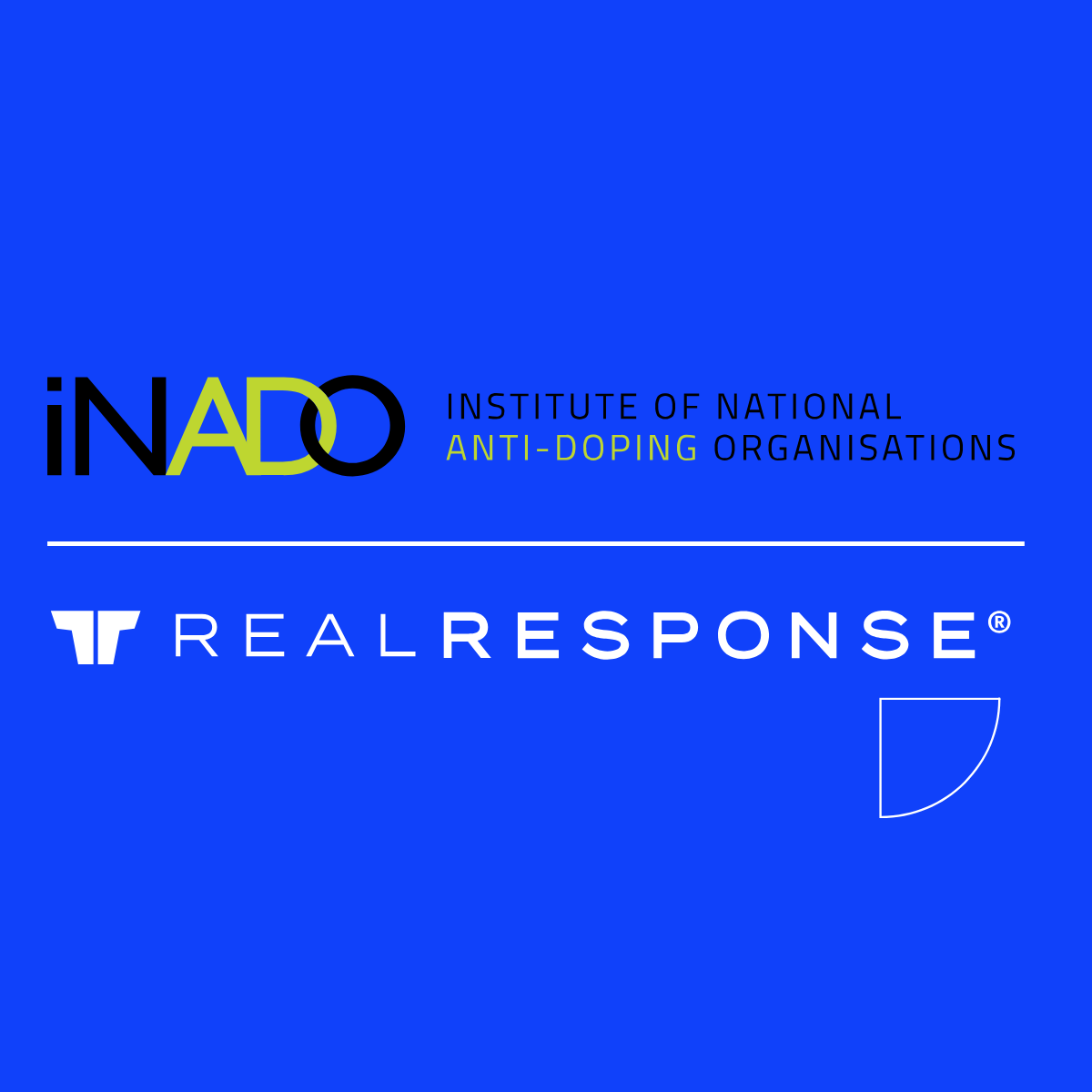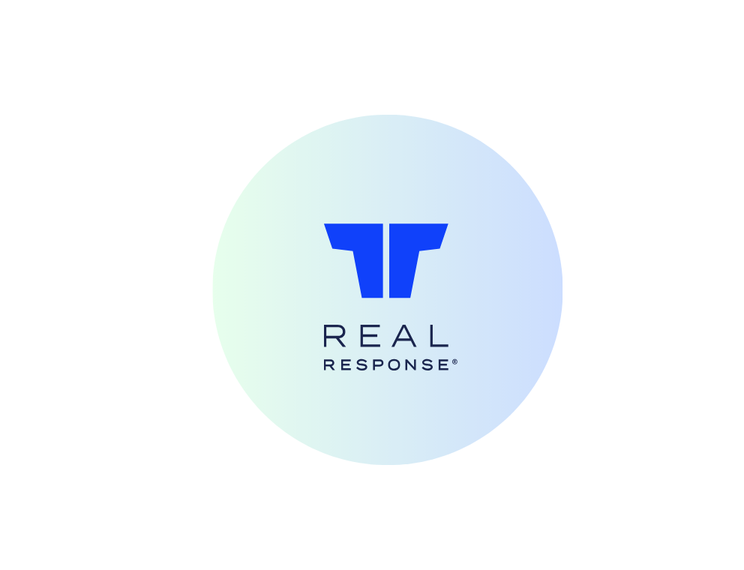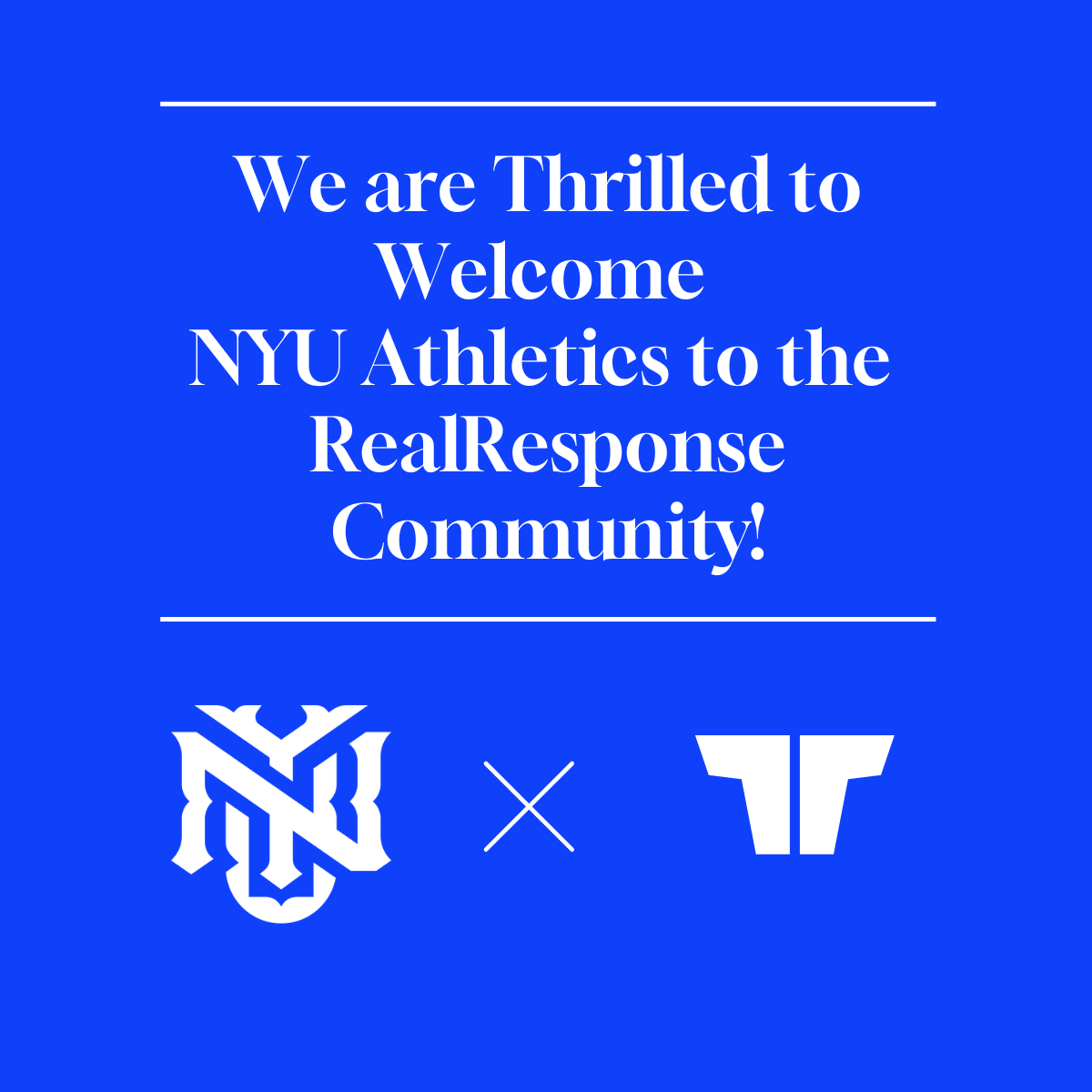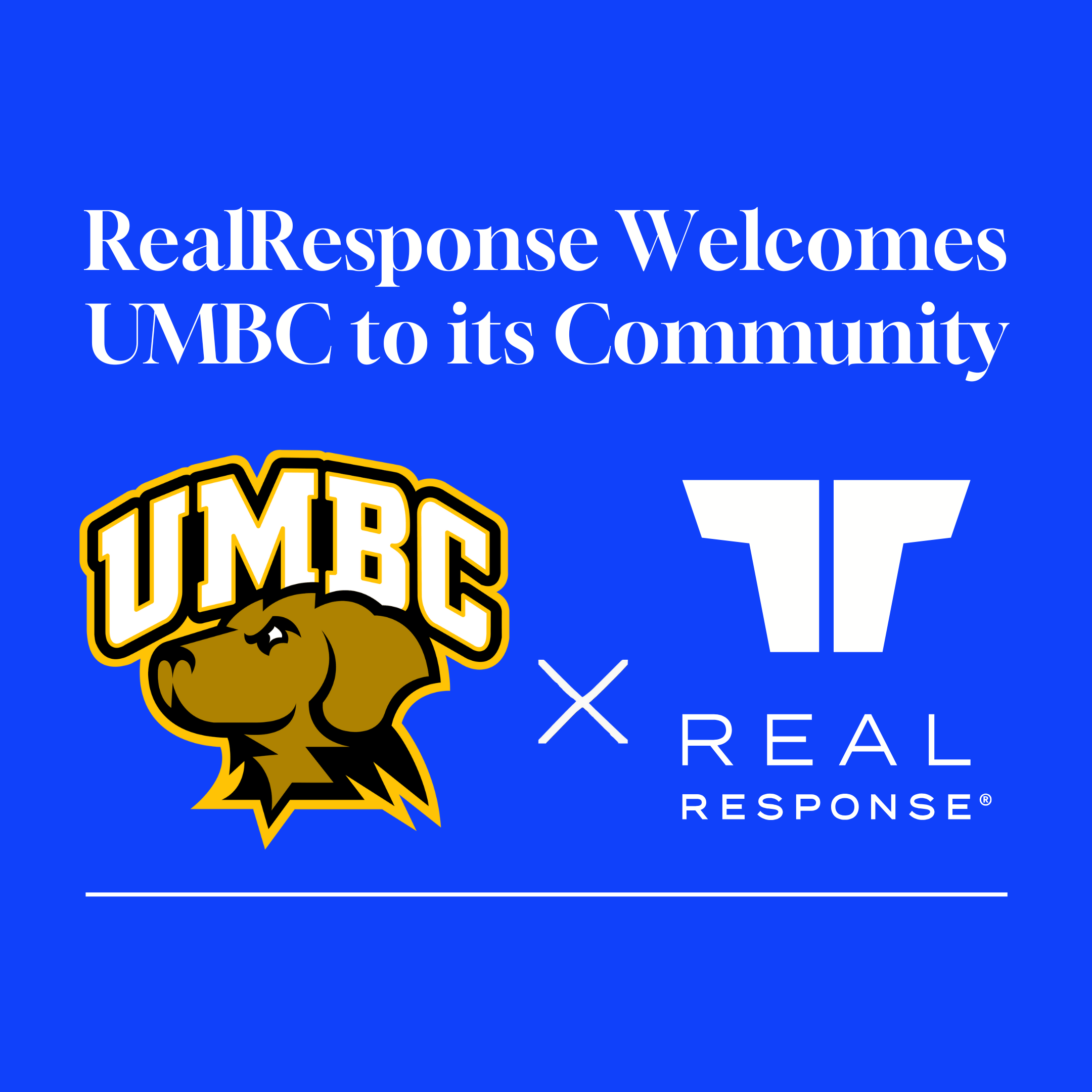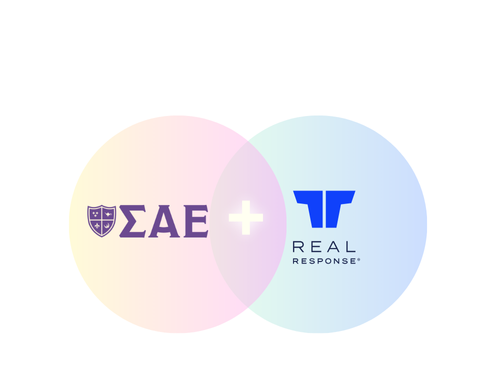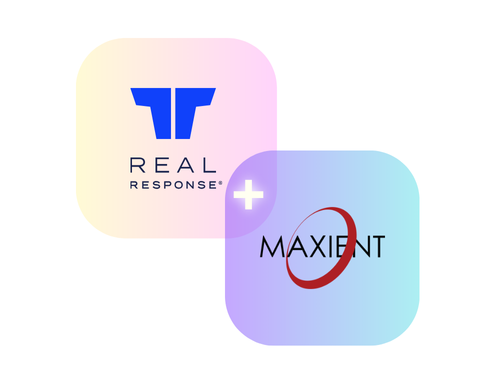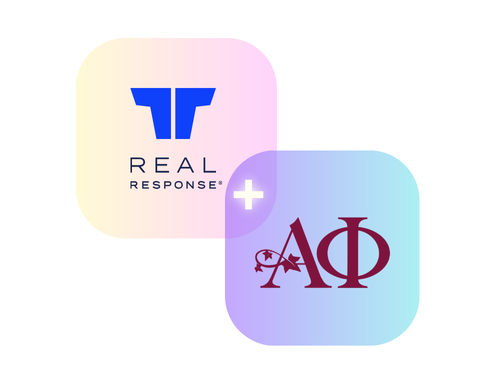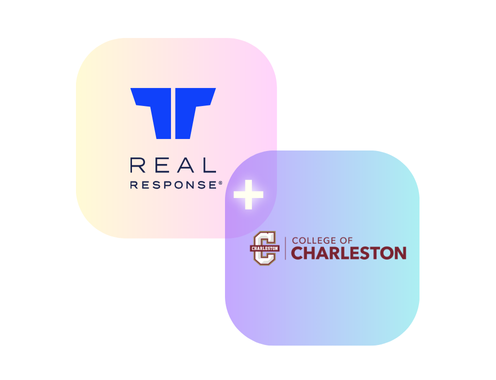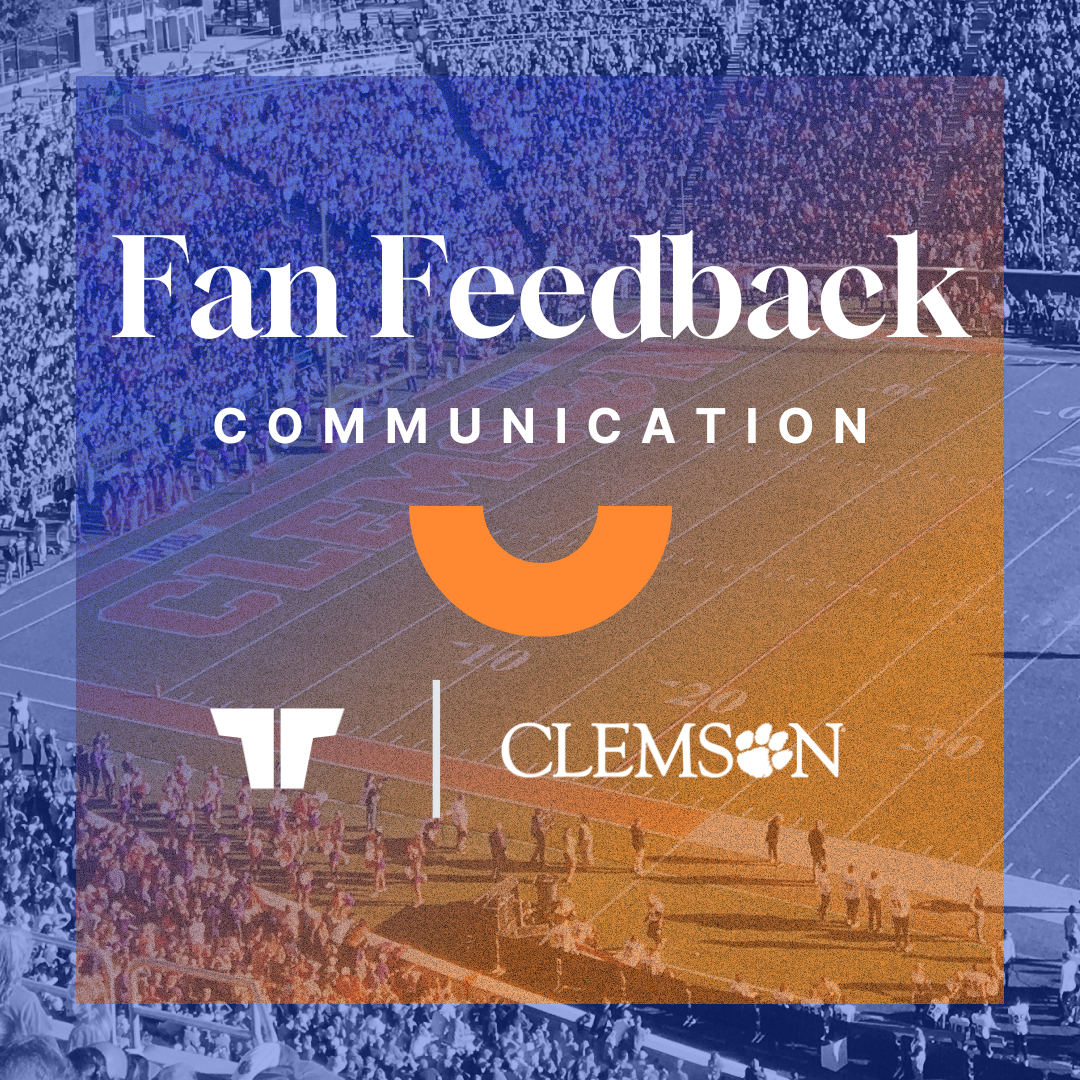By Matt Holt, Chief Executive Officer, IC360, and David Chadwick, Founder & CEO, RealResponse
Matt Holt speaks to the evolution of sports betting.
In the world of sports betting regulation, best practices learned three years ago may already be irrelevant today. We increase our odds of keeping everyone safe and ensuring fair, manipulation-free competition by collaborating and communicating across the gambling industry.
A new chapter in U.S. sports betting began in May 2018, when the Supreme Court voted to unravel the Professional and Amateur Sports Protection Act (PASPA). No longer would sports betting be limited to a small handful of states and tribal locations—instead, every state was handed the power to legalize gambling.
In the six years since, more than 30 states have opted into sports betting. But despite coast-to-coast adoption, sports betting practices—and the rules that govern them—are far from one-size-fits-all. Some jurisdictions have legalized both in-person and online betting. States like Wisconsin and Washington allow in-person gaming only, while Tennessee exclusively legalized online gaming. Across the country, states have nuanced approaches to mandating prohibited bettor and responsible gaming initiatives.
For teams, gaming authorities and vendors alike, we’re only in the second inning of legalized sports betting’s evolution. We have some game time under our belts and we’ve started to adapt based on early lessons learned. But when it comes to ensuring responsible gaming and sports integrity, the playbook is still being written.
Unprecedented gambling growth brings unavoidable challenges
Seemingly overnight, the dismantling of PASPA ignited new momentum in the sports betting world. Weeks after the decision, in June 2018, New Jersey became the first state to launch retail sports betting. The following month, the NBA and MGM announced a first-of-its-kind partnership between a professional sports league and gaming brand.
The trend has been an undeniably lucrative one. By the end of Q3 2023, commercial sports betting revenue exceeded $7 billion (more than 2022’s full-year revenue). But in both professional and collegiate sports, the rapid uptick in wagers has stoked new fires:
- An increase in athlete gambling noncompliance: Between 2022 and 2023 alone, at least three NFL teams suspended players due to violating the league’s gambling policy. In September 2023, the NFL updated its rules—clarifying that players betting on other NFL games will immediately be suspended for at least one year. Between 2018 and the middle of 2023, the NCAA identified nearly 200 instances of sports betting infractions, across student-athletes, staff and coaches.
- Emerging threats to athlete wellness: Among college athletics in particular, sports betting has placed new levels of pressure on student-athletes. One recent NCAA survey found that 10% of Division I administrators were aware of student-athletes being harassed by someone with gambling interests. 30% report being extremely or moderately concerned about gambling compared to other compliance issues—up from 20% in 2019. As a result, the NCAA is advocating for states nationwide to adapt their gambling legislation to better protect student-athletes. Mandatory reporting hotlines for gambling authorities and tougher penalties for harassers are just a couple of factors they’re pushing to standardize across jurisdictions.
Even as sports betting becomes business as usual for many states, glitches in our existing systems are starting to emerge. New investments, technologies and partnerships will be essential to fixing them.
There is a lot of confusion about what you can and cannot do. Number one, invest in education! — Matt Holt






